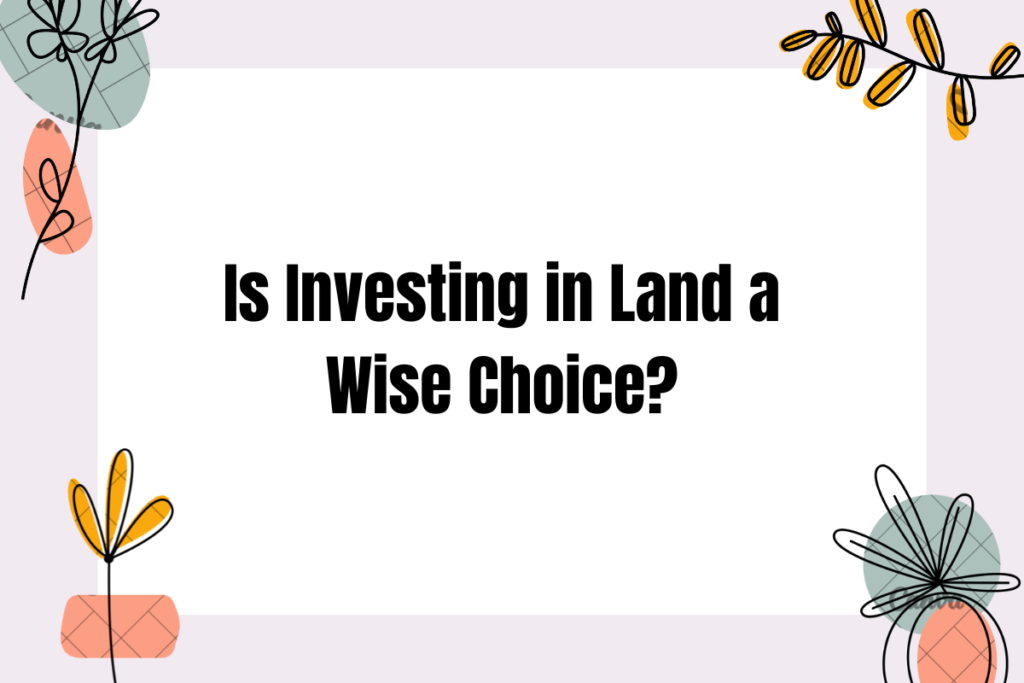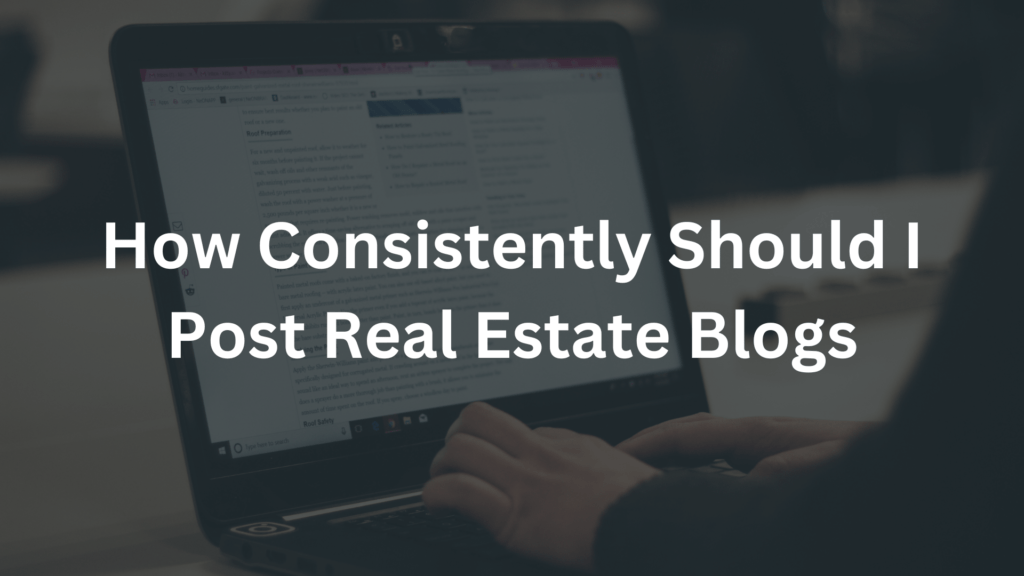When exploring the world of estate and lifestyle choices one question that often arises is whether investing in land is a smart move. This query becomes particularly relevant, for those seeking advice from real estate agents or looking for the agent to guide them through the complexities of property investments. Looking back at records we can see perspectives on the value of land as an investment. For example, consider the situation of purchasing land in California during the 1970s. Then such a venture might have been seen as a move.
However, contrast this with those who bought land in 2006 only to witness its value plummet significantly in following years. This difference in outcomes highlights an insight shared by real estate agents; there are inherent risks involved in investing in land regardless of whether it’s a small parcel or a large scale deal.
The crux of the matter lies in the nature of land investments. These investments rely entirely on the expectation that the property’s value will increase enough to generate a return. While it is possible that this positive prediction could come true it makes us think about whether the potential gains outweigh the risks associated with owning land. To illustrate, let’s imagine a situation where you invest $100,000 in buying land and pay for it upfront. Even though there won’t be any mortgage payments, on the property we must consider recurring expenses like property taxes and insurance. Additionally we need to think about the opportunity cost of using your capital in this way.
Imagine if you took out $100,000 from an asset like a fund to buy the land. While that money was in the account it would likely have earned interest—lets say 5 percent. However after purchasing the land you lose this earning power, which means your wealth effectively decreases at a rate of 5 percent. The main question is; can the increase in land value compensate for this loss when considering all property related costs? For example let’s say you put that $100,000 into a fund that yields a 5 percent return annually. This financial growth isn’t a fixed amount; it’s something you can reinvest and potentially generate returns, over time. Over the span of ten years the initial sum of $100,000 would be complemented by $50,000 to $70,000, in gains. On the other hand , if you choose to invest in land you would have to forgo interest or dividends. After a decade your assets would consist of an unyielding
piece of land while property taxes continue to be a recurring commitment. The important question arises; can the increase in value of the land match the returns obtained from a different investment avenue? Apart from these considerations there are further intricacies involved in land investment. The possibility of land being contaminated, undevelopable or bound by development restrictions presents challenges that require careful thought and planning.
In the realm of land investment certain entities are better equipped to navigate this field. Home building corporations and corporate land investors with development expertise and diverse portfolios may find value in investing in land. However for individual investors seeking a risk return equation investing in land often appears as a high risk gamble filled with uncertainty. Of pursuing investments, in land there are other avenues that hold more promising prospects. Stocks bonds mutual funds and rental properties present themselves as alternatives that align favorably with sound investment principles. For those seeking a bit of excitement, even a quick trip to Las Vegas may seem risky when compared to the ups and downs of investing in land over the ten years. When you think about getting advice from a real estate agent or finding one it’s important to consider perspectives that bring depth to the conversation about land as a lifestyle choice, in real estate.



